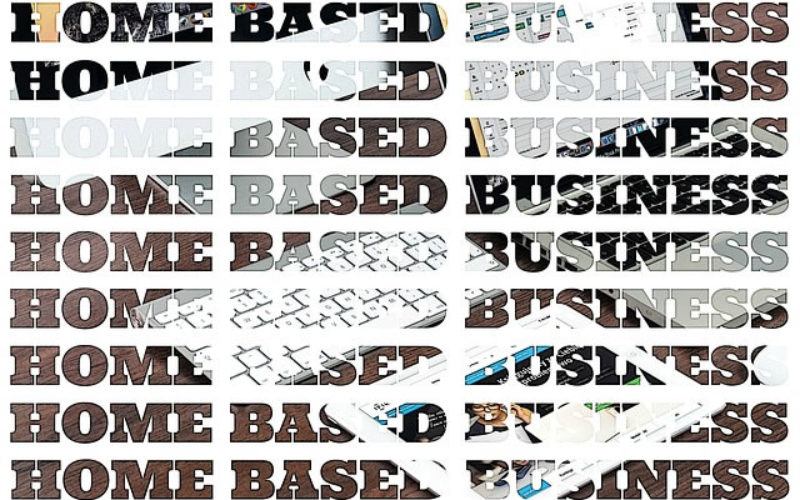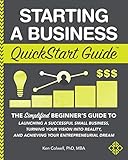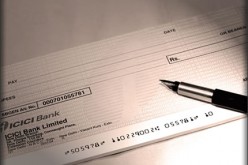All jokes aside, a home-based business is still a business, and it should be taken seriously. That means that, as an entrepreneur, you’ll have many obstacles and challenges to overcome. One challenge, in particular, may give you more trouble than others, and that is finances.
That being said, many startups fail because their owners weren’t able to establish a positive cash flow or they lacked the funds to further endorse their business. That’s why it’s important to prepare a solid business budget. Here are a few effective ways to budget your home-based business.
Create a budget plan
Without a proper budget plan, you have no real control over your business funds. It’s important to calculate the operating costs and additional expenses so you don’t end up in an inconvenient situation. A budget greatly minimizes the risks to your businesses and it allows you to properly allocate funds when needed.
Aside from operating costs, a budget plan should include costs of production and labor, startup costs if you’re just starting a business, expenses needed to endorse a business and sensible expectations for revenue and profits. That way, you’ll have a clear picture about the overall costs and profits and how to spend wisely so you don’t end up in debt.
Include additional expenses
Running a home-based business means you won’t have to rent and supply an office, but that doesn’t mean you’ll cut costs altogether. Depending on the nature of your business, you’ll probably have to make some modifications to your home.
First of all, your electricity bill will increase since you’ll be operating from home. New business operations may put a strain on your budget, so it would be a good idea to compare energy providers near you to get a better energy plan. That way, you’ll be able to maintain your business operations, without spending your entire budget on the electricity bill.
Account for overheads
No matter how your home business is performing, you’ll have expenses that don’t tie to profits or revenues, which you must pay in order to stay in business. These are overhead expenses that must be paid regardless of whether your business is profitable or not. That’s why you must account for these costs upfront, because if you fail to pay these expenses, your business may ultimately fail.
Overhead expenses consist of taxes, legal fees, insurances, repairs, accounting fees, advertisements, bills and utilities among other things. Sometimes, these costs may be fixed, which is easy to plan for. On the other hand, these costs can also be semi-variable and variable, which means they won’t be easy to predict or plan for. That’s why you must allocate some funds from your budget to prepare for such expenses.
Plan for emergencies
Running a business, even a home-based one, can be quite unpredictable. You can experience unexpected damages to your equipment or you might have to make large purchases straight away. These unforeseen circumstances can be a major setback if you get caught off guard. That’s why it’s important to have a savings account that you’ll use for emergencies.
An emergency fund doesn’t have to be a burden on your budget. You can save a small bit whenever you can and move it to your account or allocate funds you get from tax deductibles. Either way, you should strongly consider investing in an emergency fund for rainy days. That way, you’ll have an instant access to cash should the need arise.

Take care of legal issues
Bureaucracy is something even home-based businesses can’t avoid. That’s why it’s essential to take care of any legal issues related to your home business. That means obtaining necessary licenses, permits and insurances. What’s more, be on a lookout for special permits that you might require based on the nature of your business.
For instance, you’ll need a health inspection certificate if you make food for sale in your house. Also, aside from the usual permits, you might need special approvals from local zoning office for your business to operate legally. Zoning laws differ depending on your location, so make sure you familiarize yourself with them before you get penalized or required to pay a hefty fine.
Running a home-based business is fun, but it’s still a business nonetheless. That’s why it’s important to take it seriously and develop a budget that will support your business in the future. That way, you won’t have to worry about your business failing due to unexpected expenses or the lack of proper funding.
Image Credit: Pixabay
helpful? … then please share it
| google+ |
VIEW: all about budget planning
- Tammy Jurnett-Lewis
- Publisher: CreateSpace Independent Publishing Platform
- Paperback: 182 pages
- Ken Colwell PhD MBA
- ClydeBank Media LLC
- Kindle Edition
- Ilana Griffo
- Publisher: Paige Tate & Co
- Paperback: 200 pages
Last update on 2020-03-19 / Affiliate links / Images from Amazon Product Advertising API
end of post idea for home improvement
view and analyze home improvement ideas at our LetsRenovate center
Helpful article? Leave us a quick comment below.
And please give this article a rating and/or share it within your social networks.














